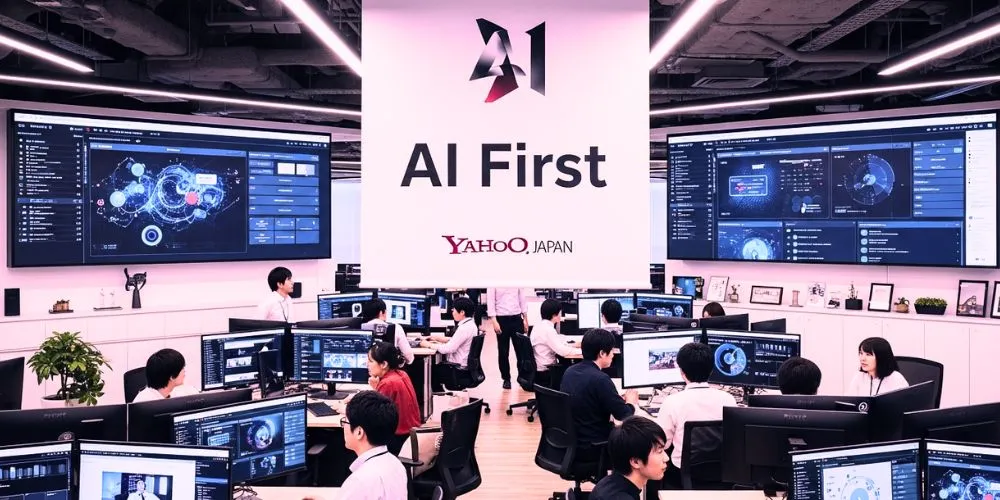Yahoo Japan is taking a huge step by requiring all 11,000 of its employees to start using generative AI in their everyday work. The ambitious goal is to double the company’s productivity by 2028.
The company, which also runs the popular messaging app LINE, plans to make AI tools a standard part of the job. This means employees will utilize AI for tasks such as conducting research, documenting meetings, managing expenses, and even analyzing their competitors’ activities. The goal is to let AI handle routine work, allowing employees to focus on bigger ideas and creative problem-solving.
The change will begin with common office tasks that consume a significant amount of time, such as searching for information and drafting documents. Yahoo Japan estimates these tasks currently consume about 30% of an employee’s day. It has already built internal tools, such as one called SeekAI, to assist with tasks like filing expense claims and summarizing meeting notes.
While Yahoo Japan’s plan is bold, it also comes with a warning from other companies. A recent report found that more than half of UK businesses that replaced workers with AI now regret the decision. This highlights a key difference: AI excels at supporting people, but it often struggles with tasks that require real-world understanding, nuance, or a human touch.
This is why Yahoo Japan’s strategy may be more effective in the long run. By treating AI as a helper rather than a replacement, it could avoid many of these pitfalls. The idea isn’t to erase jobs, but to change what jobs look like. If done right, this approach could free people from repetitive tasks and give them more space to be creative and think critically—the very things humans do best.












